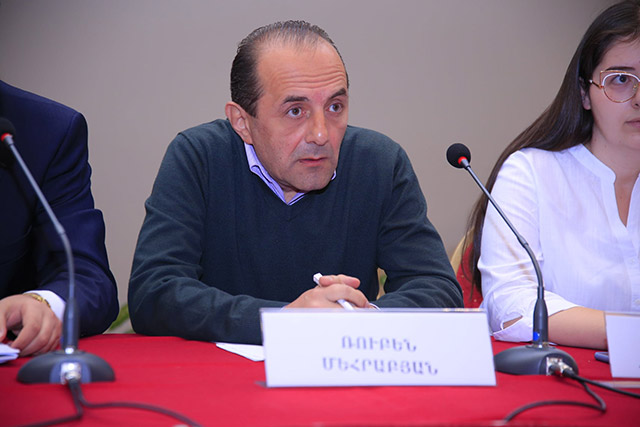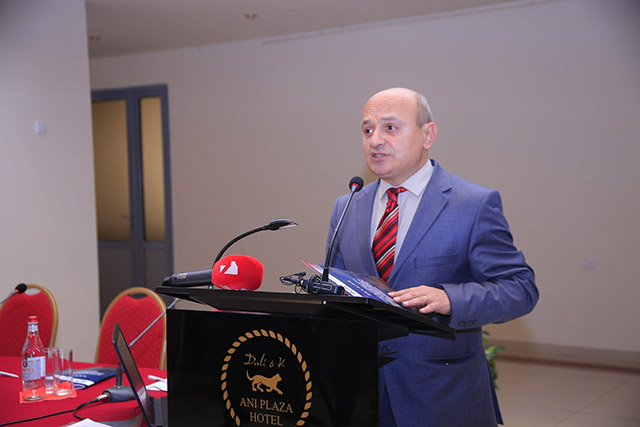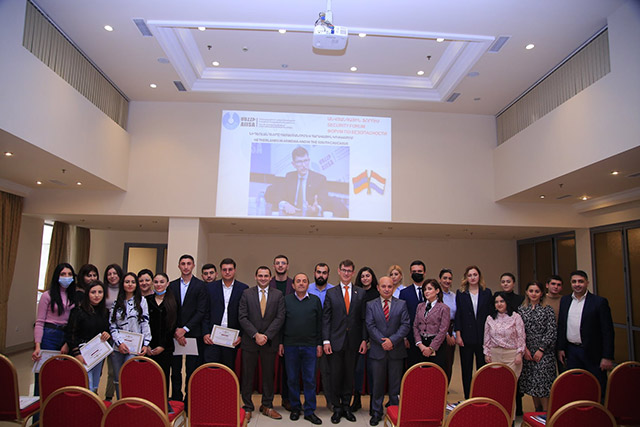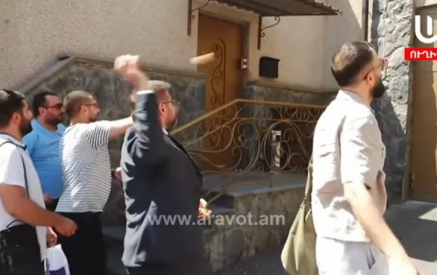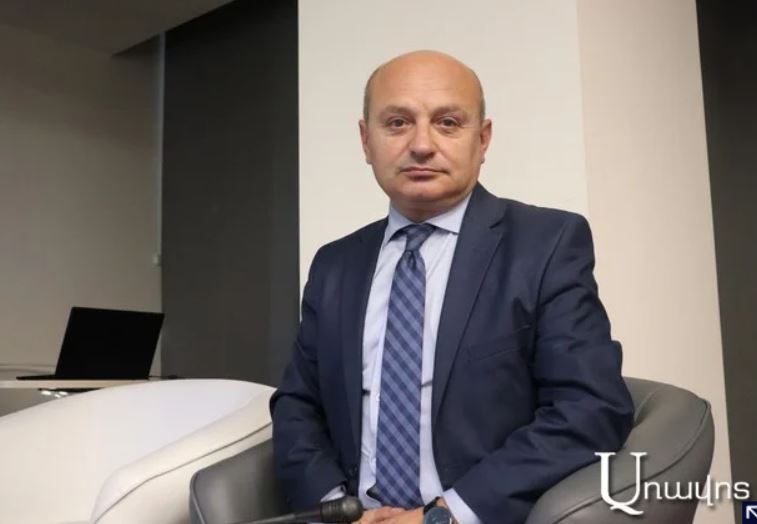“The 44-day war has not left us, it is unlikely to leave so soon, as long as all issues, from the issue of prisoners of war, are not eliminated until further notice,” Stepan Safaryan, President of the Armenian Institute of International and Security Affairs (AIISA), stated during the security forum entitled “Post-War Challenges: Political, Legal, Economic, Humanitarian Aspects” on November 12th.
He presented a comprehensive report entitled “Crimes against humanity committed by the Republic of Azerbaijan against the Republic of Armenia, Artsakh, and the Armenian people during the 44-day war.” Referring to the challenges presented in the report, Stepan Safaryan assured that they arose not only during the war, but also in the post-war period and stressed, “Everything we talked about is not about the past. They continue in the form of repercussions for other crimes. Some traces of the war have not yet been eliminated.”
Read also
During the next session of the forum, the young researchers of the Anahit Bayandur Academy of the AIISA discussed the issues raised in the previous two sessions, presenting their observations. Ruben Mehrabyan, associate expert of the Institute, research program coordinator, addressing the specialists of the young generation, mentioned, “Unfortunately, the challenges facing Armenia in international legal issues related to the 44-day war and the settlement of the Karabakh conflict in general will be the companion of your generation in the future life. Our generation could not get rid of that burden on your generation, leaving it on you. Our task is simply to do our best to help you decide where you will take this case and how you will bring it to its logical conclusion.”
Tatev Harutyunyan




















































